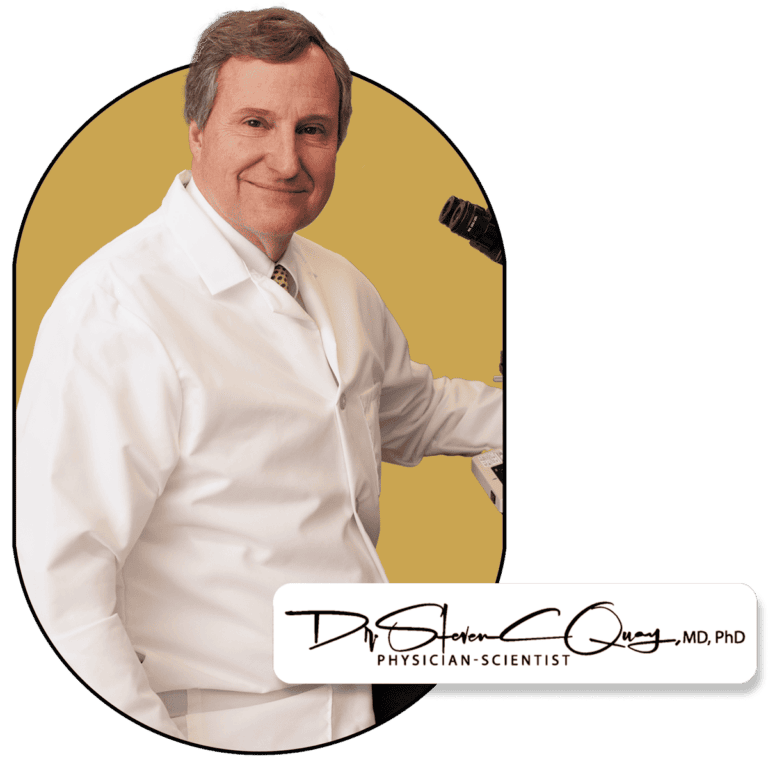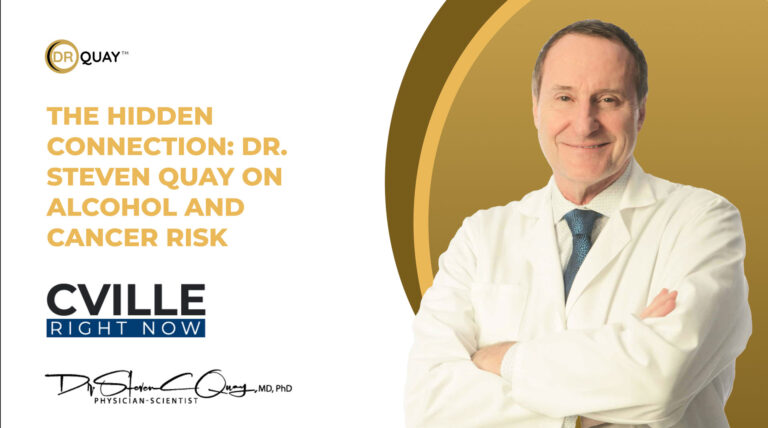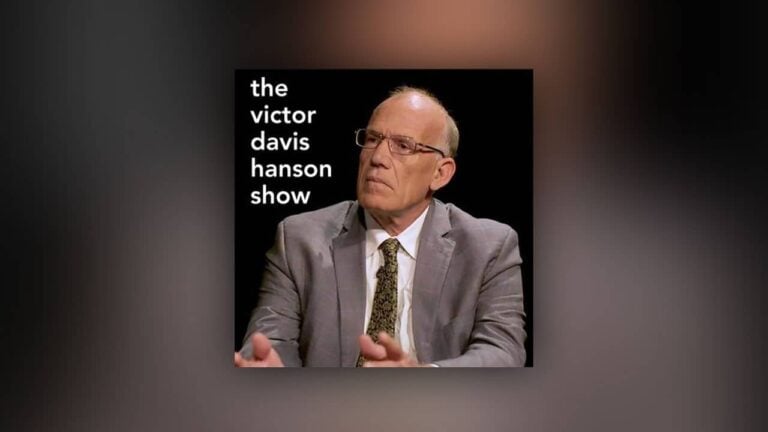- One America News Network
- March 10th, 2021
A group of scientists is urging the WHO to abandon its investigation into the origins of COVID-19 and restart the process. In a broadcast featuring one of the authors of an open letter protesting the WHO’s approach, Dr. Stephen Quay, the findings contradict the notion that COVID-19 naturally originated from bats. Dr. Quay’s analysis suggests a strong likelihood that the virus emerged from a lab, possibly involving gain-of-function research. He also highlights potential conflicts of interest within the WHO’s investigative team, notably their close ties to the Wuhan Institute of Virology. Dr. Quay emphasizes the importance of accessing databases containing crucial virus sequences to uncover the truth behind the virus’s origins.




